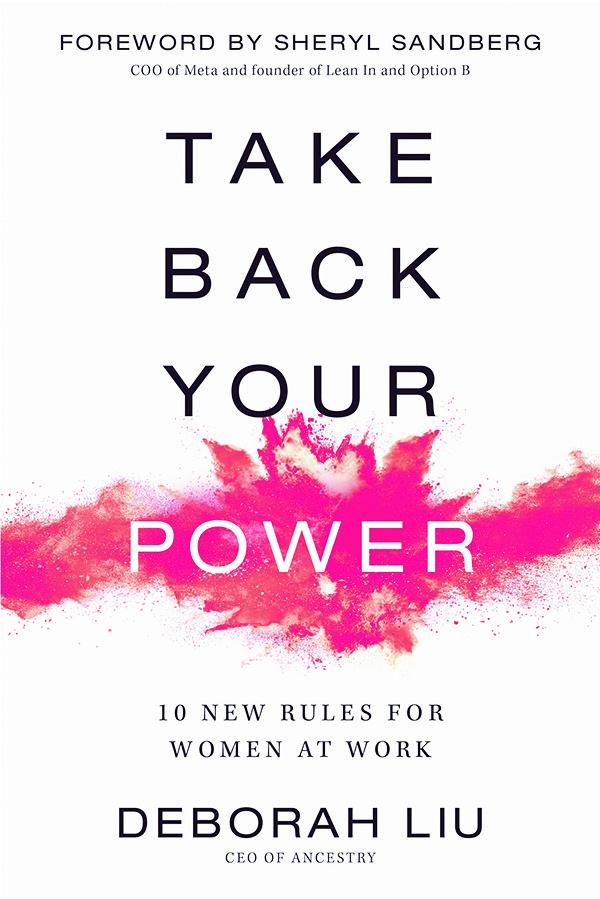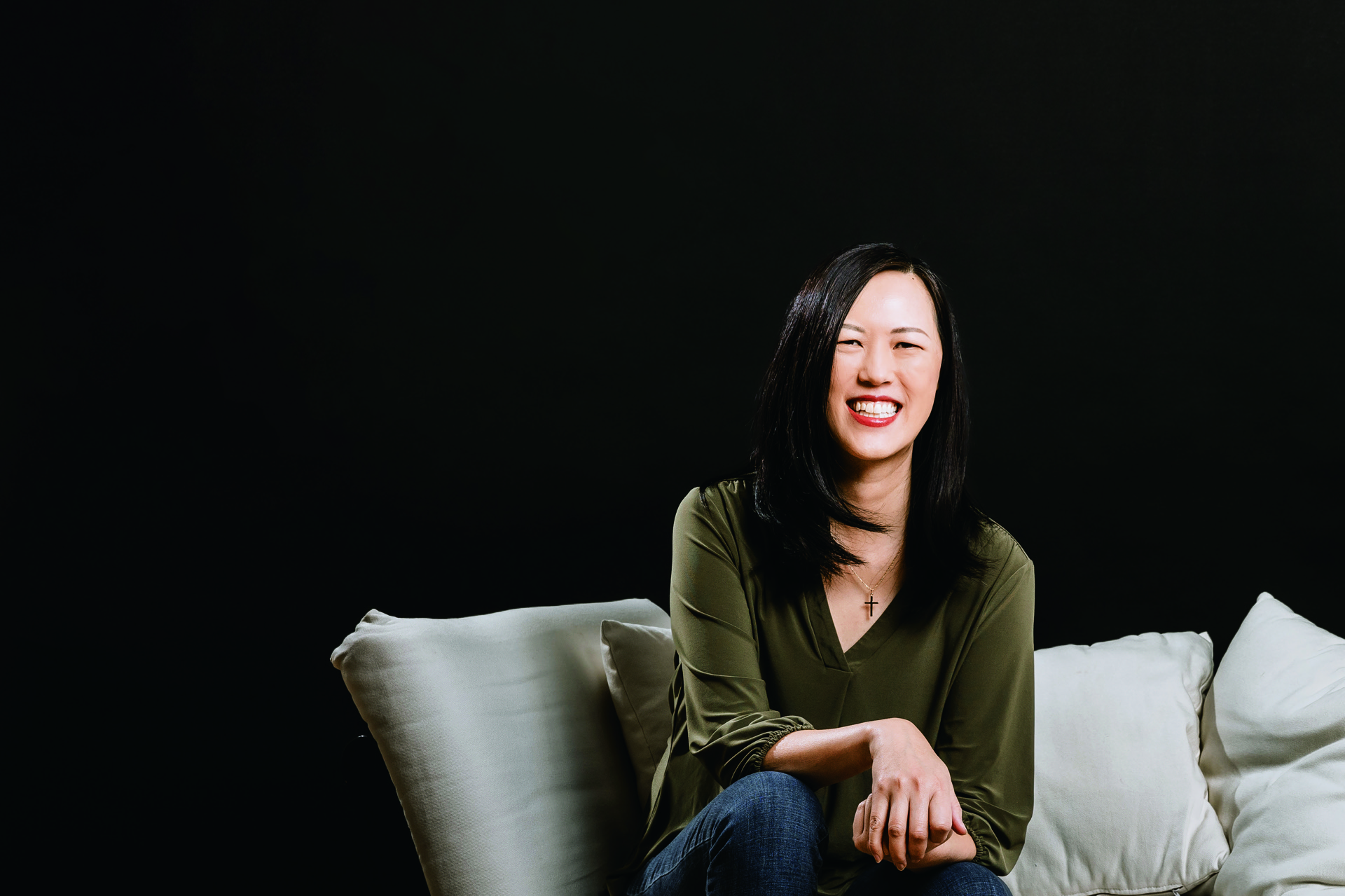Deborah Liu ’98 says she’s spent most of her lifetime in silence.
The now-CEO of Ancestry.com didn’t raise her hand in class. She didn’t speak up in meetings at work. She hid, she says, behind a quiet affect.
But Liu’s rise to the helm of billion-dollar Ancestry.com tells a story about the kind of reinvention that happens when a person pushes oneself to do what is uncomfortable on the journey to becoming one’s best self.
In Liu’s case, that meant learning what she calls “strategic extroversion.”

“People say ‘I’m an introvert,’ like it’s a fixed thing,” says Liu. “However, the workplace needs you to speak up. And so, you have to decide, ‘What am I going to do about it?’”
Liu did something about it, and she’s urging other women to do something, too, in her new part-memoir, part-career guide “Take Back Your Power: 10 New Rules for Women at Work.” The book, published in August, follows Liu’s own career journey from an undergraduate engineering student at Duke’s Pratt School of Engineering to PayPal, eBay, Facebook and finally Ancestry, where she was appointed CEO just last year.
Punctuated by more than two dozen personal interviews with women leading across tech, business, finance and more, the book is the nudge every woman needs to create and keep her own strategy for navigating workplace culture and developing her career, says Sanyin Siang B.S.E.’96, M.B.A.’02, Liu’s close friend and the executive director of the Fuqua/Coach K Center on Leadership & Ethics at Duke.
Women let their power slip away all the time in the workplace, Liu says, often in ways so subtle at first that it’s hard to see the damage being done.
They let male co-workers interrupt them. They underestimate themselves. They decide to stay quiet in meetings for a whole host of reasons – not having the perfect words, not feeling like an expert, not wanting to be judged by colleagues as too “assertive” or “bossy” – Liu writes in her book.
But she learned to take back her power by pushing herself to talk – most especially when she felt uncomfortable.
After Duke and as an M.B.A. candidate at Stanford, Liu forced herself to raise her hand during every class and make a comment – any comment – she says. Over the course of time, she got better at articulating her points and walked away with something irreplaceable: The conviction that “I can learn almost anything,” she says.
Liu’s learning mindset came easily in some sense because, as an engineer, she is a doer (“You decide what you want to build, and you go build it,” she says). But in the metamorphosis from introvert to extrovert, Liu said, there also was difficulty.
Born in the diverse New York City borough of Queens, Liu moved to a small town outside of Charleston, South Carolina, called Hanahan when she was 6 years old after her father, also an engineer, relocated the Liu family for a new job opportunity. As the daughter of parents who emigrated from Vietnam and built their lives in the small-town South, Liu didn’t grow up among many people who looked like her, she says.
She suffered the effects of bullying that didn’t relent until she went to Duke as a prestigious B.N. Duke Scholar, and even then, the aftershocks pressed an already shy child to seek an almost invisible adult life, she says.
“That sense of alienation is very hard when you are a child, to be so different, to have people say, ‘What are you?’ constantly,” Liu says. “[It makes you think], ‘What am I? Where do I belong?’’’
Belonging is something Liu says she knows today because she now not only knows herself but is committed to always evolving.
She doesn’t leave a meeting without saying something.
You decide what you want to build, and you go build it.
-Liu
She tackles new challenges, believing that not being an expert at the moment doesn’t mean she can’t become an expert in the future.
She keeps taking back her power.
And in a world full of challenges, Liu’s new role as CEO of Ancestry.com, where more than 22 million people across the world attempt to figure who they are and how they belong, reminds her that life really can be an adventure.
“Be intentional. Make your choices,” Liu says. “You control way more than you think. [And] the future is yours to decide.”
